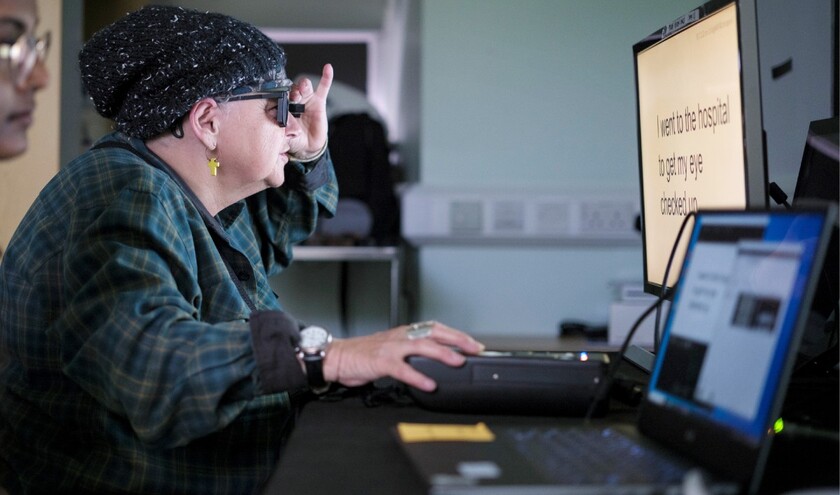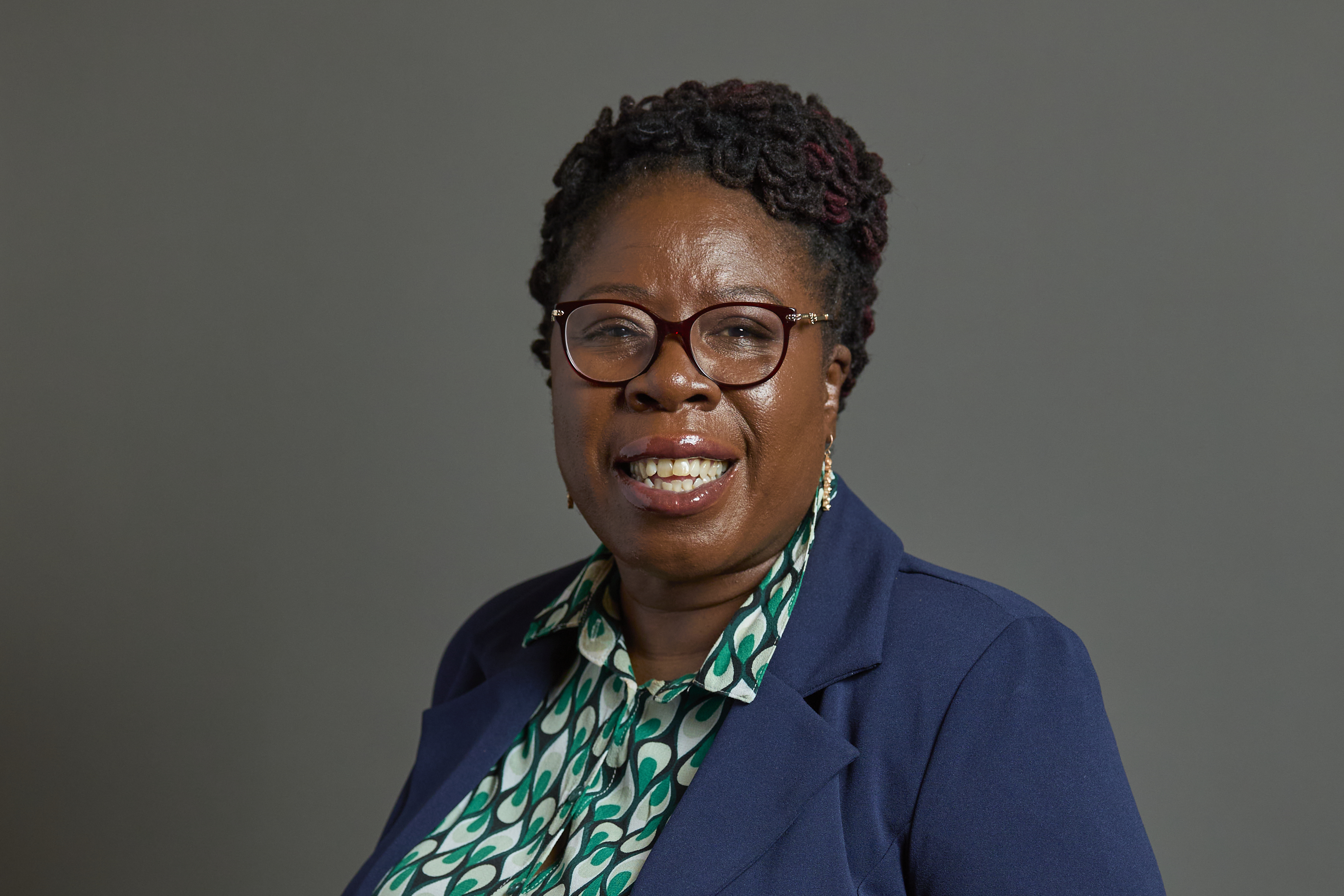The study, published in the New England Journal of Medicine, showed 84% of participants were able to read letters, numbers and words using prosthetic vision through an eye that had previously lost its sight due to the untreatable progressive eye condition, geographic atrophy with dry age-related macular degeneration (AMD). They could also read, on average, five lines of a vision chart; some participants could not even see the chart before their surgery.
The trial, with 38 patients in 17 sites across five countries, involved the PRIMA device being developed by Science Corporation, Moorfields being the sole UK site. All patients had lost complete sight of their eye before receiving the implant.
The procedure involves an ultra-thin microchip, which is shaped like a SIM card and just 2mm x 2mm, being inserted under the centre of a patient's retina. The patient uses augmented-reality glasses, containing a video camera that is connected to a small computer, with a zoom feature, attached to their waistband.
Around a month or so after the operation, once the eye has settled, the new chip is activated. The video camera in the glasses projects the visual scene as an infra-red beam directly across the chip to activate the device. AI algorithms process this information, through the pocket computer, which is then converted into an electrical signal. This signal passes through the retinal and optical nerve cells into the brain, where it is interpreted as vision. The patient uses their glasses to focus and scan across the main object in the projected image from the video camera, using the zoom feature to enlarge the text.
Each patient goes through an intensive rehabilitation programme over several months to learn to interpret these signals and start reading again.
No significant decline in existing peripheral vison was observed in trial participants.
Mahi Muqit, senior vitreoretinal consultant at Moorfields Eye Hospital and the Institute of Ophthalmology at UCL, said: ‘In the history of artificial vision, this represents a new era. Blind patients are actually able to have meaningful central vision restoration, which has never been done before.
'Getting back the ability to read is a major improvement in their quality of life, lifts their mood and helps to restore their confidence and independence. The PRIMA chip operation can safely be performed by any trained vitreoretinal surgeon in under two hours - that is key for allowing all blind patients to have access to this new medical therapy for GA in dry AMD.'
The research at Moorfields was delivered through the NIHR Clinical Research Facility (CRF) at Moorfields Eye Hospital NHS Foundation Trust.



